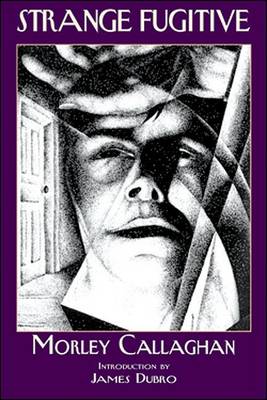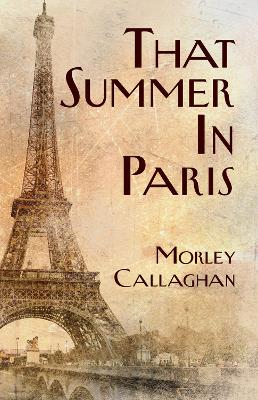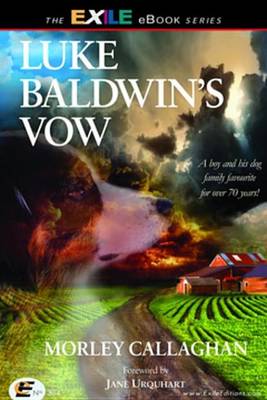Exile Classics
4 total works
Combining romance with the darker side of human nature, this novel opens with the hanging of an ex-World War I soldier for involuntary murder. The element of violence blends with a love story involving the late soldier's sister, who seeks to possess the life of her brother's closest friend, John Hughes. Hughes then finds himself drawn into the circle affected by the hanging, contemplating murdering the sister himself. Capturing the terror of a war abroad as it penetrates the tranquility of a small town, this tale illustrates how a man's death can haunt those who endure his execution.
It was the fabulous summer of 1929 when the literary capital of North America moved to La Rive Gauche—the Left Bank of the Seine River—in Paris. Ernest Hemingway was reading proofs of A Farewell to Arms, and a few blocks away F. Scott Fitzgerald was struggling with Tender Is the Night. As his first published book rose to fame in New York, Morley Callaghan arrived in Paris to share the felicities of literary life, not just with his two friends, Hemingway and Fitzgerald, but also with fellow writers James Joyce, Ford Madox Ford, and Robert McAlmon. Amid these tangled relations, some friendships flourished while others failed.
This tragic and unforgettable story comes to vivid life in Callaghan's lucid, compassionate prose. Also included in this new edition are essays by Callaghan on Hemingway, Joyce, Fitzgerald, and McAlmon, as well as the author's look back to those days in Paris and when he revisited 60 years later. The texts are followed by questions for discussion and related readings.
This tragic and unforgettable story comes to vivid life in Callaghan's lucid, compassionate prose. Also included in this new edition are essays by Callaghan on Hemingway, Joyce, Fitzgerald, and McAlmon, as well as the author's look back to those days in Paris and when he revisited 60 years later. The texts are followed by questions for discussion and related readings.
A story of a boy and his dog and their adventures, which will appeal to the many children who are dog lovers. It is also a sensitive story of love and loss, and of making a new life for oneself. Although it was first published seventy years ago, only a few details (such as clothing) really indicate that it is not a contemporary story. Luke is not yet 12 when his father dies of a heart attack, leaving him an orphan. Small for his age and something of a loner, he moves from the city to the country to live with his aunt and uncle. He is naturally homesick and grieving the loss of his father. His well-meaning and kindly aunt and uncle do their best for him; but his only real friend and comfort becomes Dan, the farm's elderly, one-eyed collie. Practical Uncle Henry considers Dan useless now that he is too old to be a watch-dog and decides that Dan should be ""put down."" Luke, whose sense of dignity and loyalty transcend the practical, frantically tries to save Dan's life, providing for heart-racing suspense as he makes his stand against the expedient world of adults.



